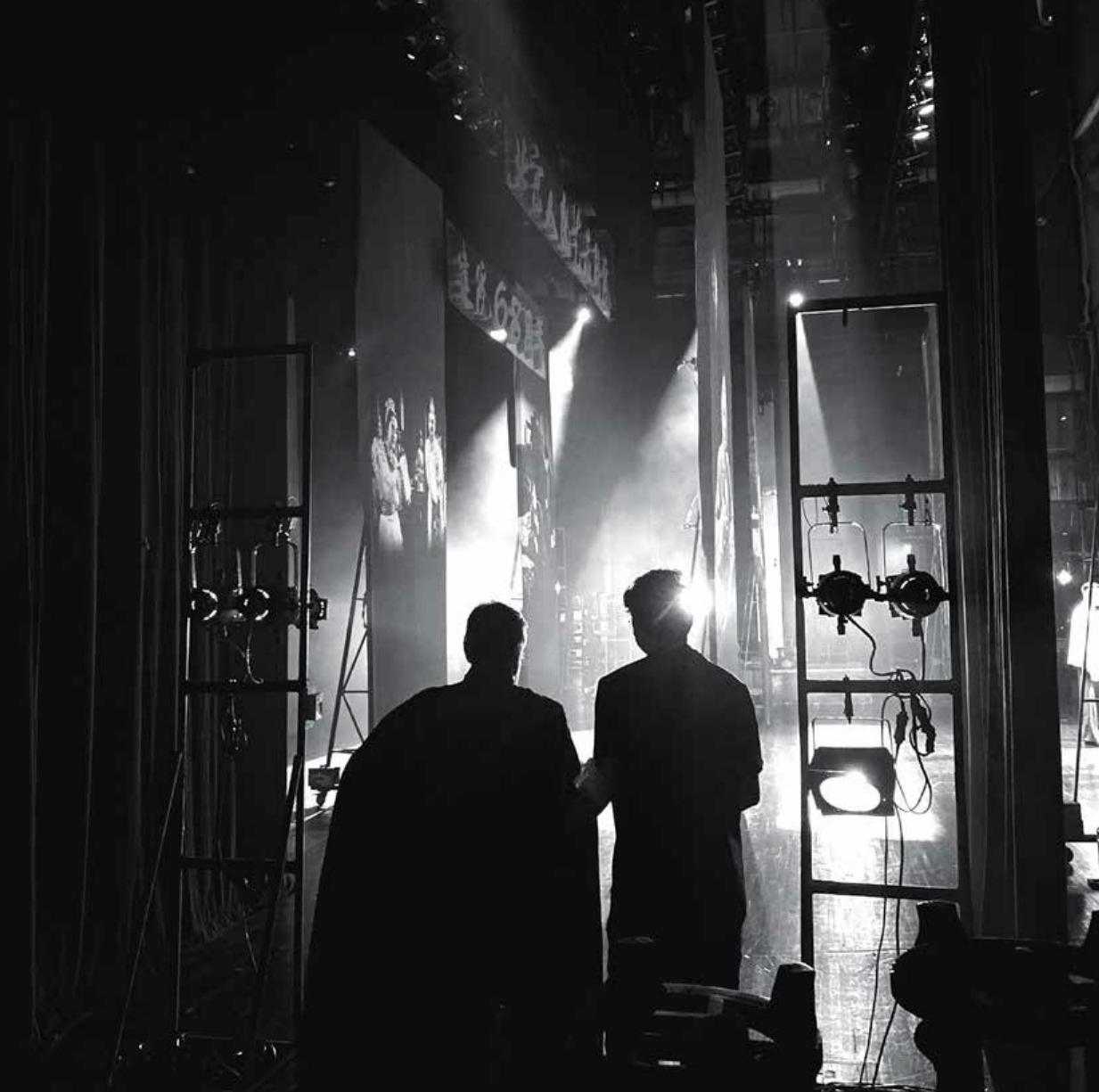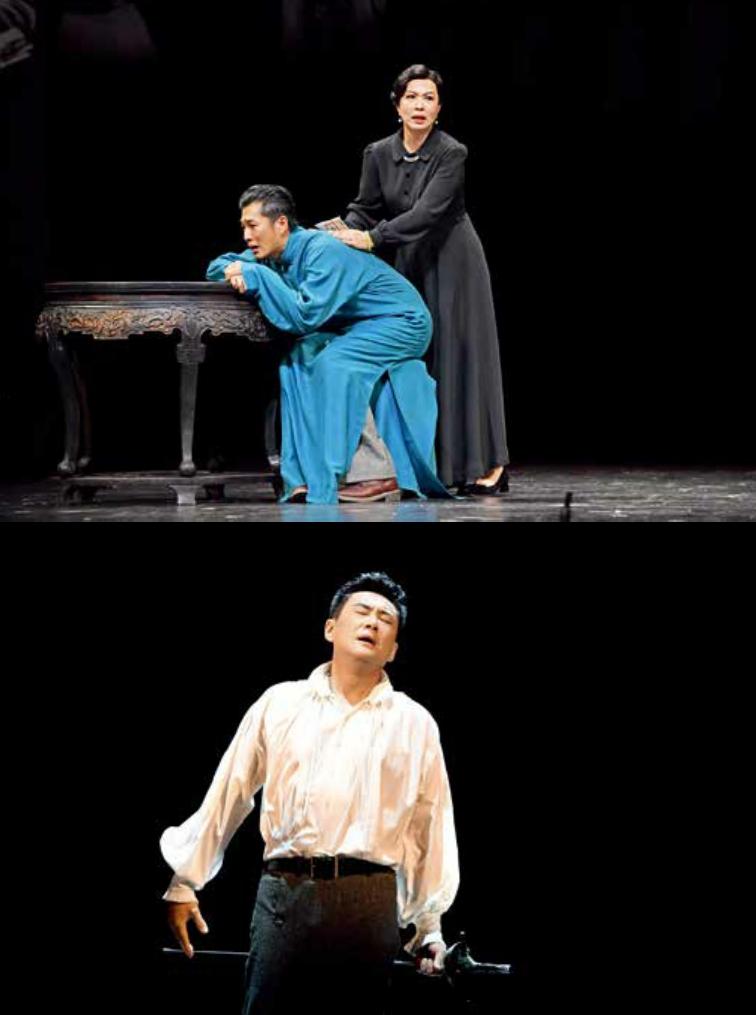Beijing People’s Art Theatre New Scenes in an Old Theater
2020-08-10byGongHaiying
by Gong Haiying
June 12, 2020 marked the 68th birth- day of Beijing Peoples Art Theatre. That day, 30 performers from the institution ranging from veterans to recent graduates returned to the stage for their first performance in the five months since the COVID-19 outbreak. Scenes from 16 Chinese and international plays were performed, including scenes from Thunderstorm and Sunrise by Chinese playwright Cao Yu, Peter Shaffers Amadeus, and Hamlet. The performances either combined versions or featured the theatres original cast. The event featuring actors and actresses of different generations working together was highly anticipated and drew massive attention.
Full house? Yes and no. There was no audience sitting in the theater. However, the performance was played for the largest real-time audience since the establishment of the institution. For the past 68 years, Beijing Peoples Art Theatre, one of the most revered theaters in China, has established close bonds with its audience. That night, the limited seats in the theater were unnecessary because the internet created millions of virtual seats for anyone with a connection. The performance was broadcast on dozens of Chinas online platforms. By the end of it, the count of total real-time viewers surpassed five million, thousands of times the seats (about 1,000) in the brickand-mortar theater.
During Chinas fight against COVID-19, Beijing Peoples Art Theatre carried out a series of online programs and activities such as cloud script reading, museum in the cloud, and performances and exhibitions through the cloud. One mastermind behind these online programs was veteran Chinese actor Feng Yuanzheng, head of the performers team of Beijing Peoples Art Theatre. “The epidemic definitely has been a disaster, but it also deepened our understanding of the world and forced us to learn new skills,” said Feng. “Amid the COVID-19 epidemic, it felt like the internet was the only place free of the deadly virus. It is where spectators and performers can reach each other without worry and a conduit for art to be spread widely to more people.”
Feng admitted that at first it was merely an expedient measure to organize online activities after the closure of the physical theater. However, as time passed, the theater began to explore such activities more actively. Classical script reading through the cloud is a major online program organized by Beijing Peoples Art Theatre. Actors and actresses sit at home and read through a play as the audience listens in. The professionals have only their voices and their lines to portray different characters and emotions. As online script reading grew in popularity, Fengs faith in the potential of virtual art activities expanded. So far, Beijing Peoples Art Theatre has scheduled five script readings during its closure due to the epidemic, including the original play Top Restaurant and Romulus the Great by Swiss playwright Friedrich Dürrenmatt. The number of listeners for each reading has reached hundreds of thousands.
For International Museum Day on May 18, the Drama Museum of Beijing Peoples Art Theatre launched a livestreamed “tour” of the museum, which revealed many unknown stories happening throughout the history of the theater. In just over a month, the cumulative viewers exceeded 80,000.
Regarding future online innovations of Beijing Peoples Art Theatre and other drama institutions, Feng is already working on a pattern. “We can cooperate with online platforms to shoot our own version of National Theatre Live (NT Live) like some European theaters did to spread our drama art to every corner of the world,”he said. “We may also invite both domestic and international artists to rehearse the same play at the same time in their respective cities or countries. They perform the play together on the internet, and they could even use different languages. How thrilling and amazing would that be?”
